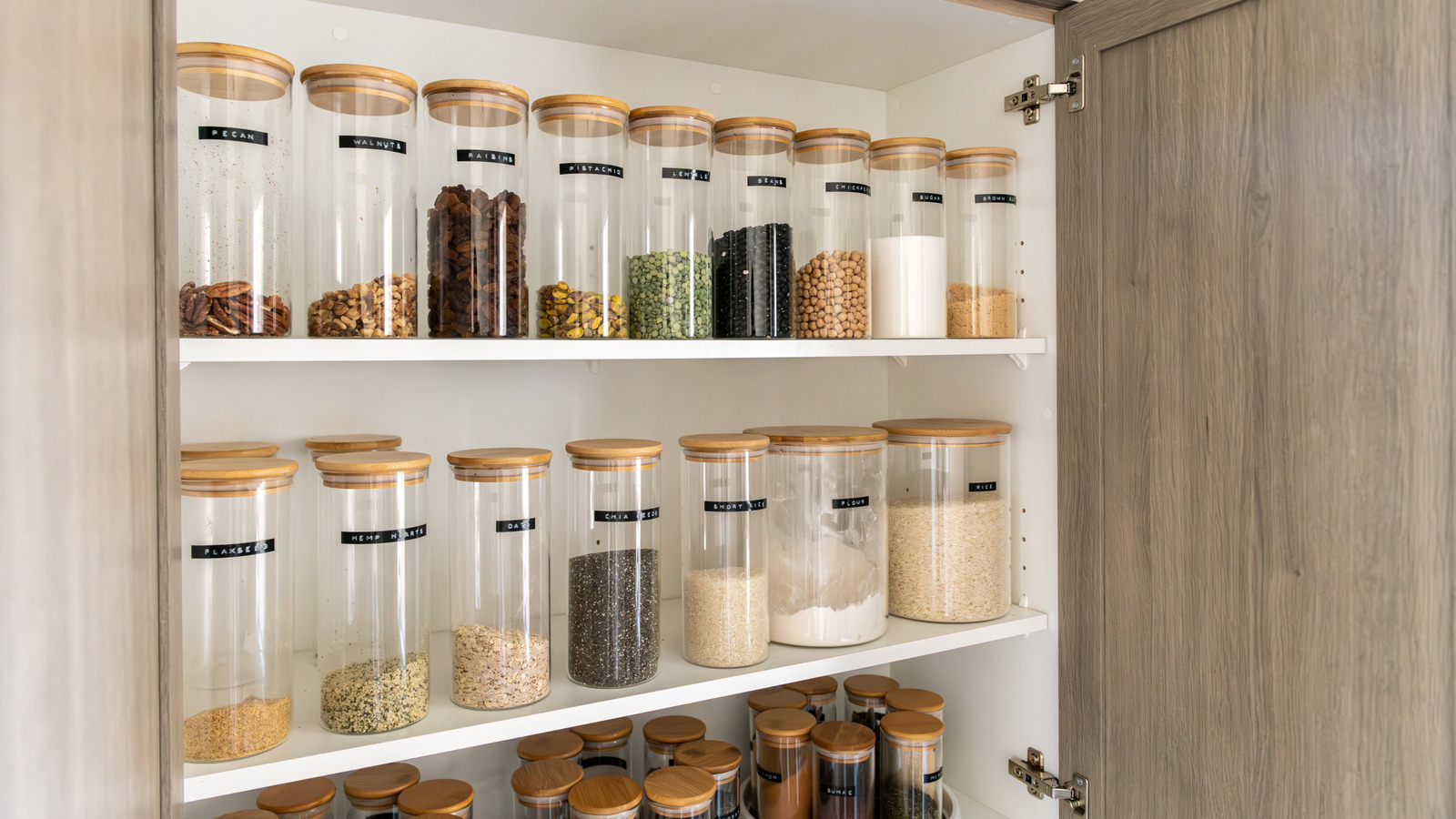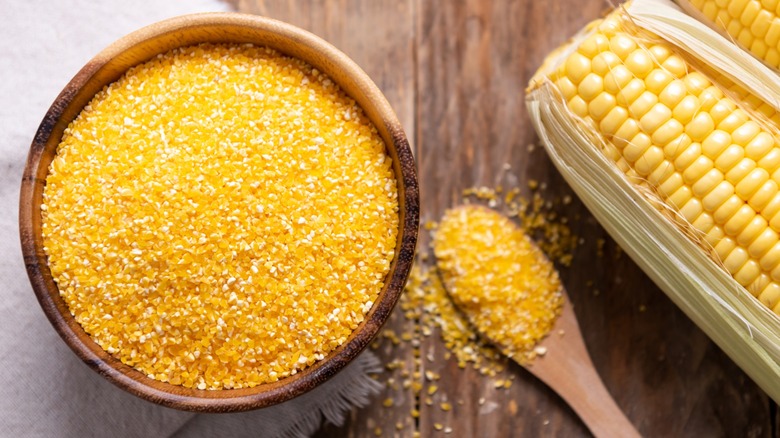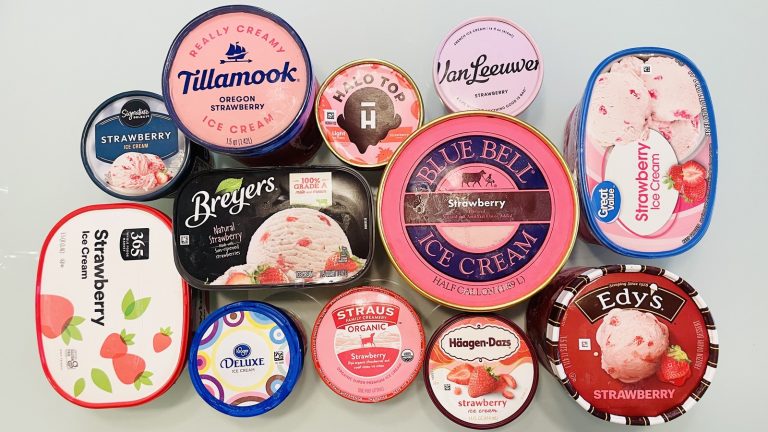Ants are industrious little guys, but chances are, you don’t want them being industrious in the walls of your good home. If ants are invading your pantry, flour is the perfect line of defense, but that’s not all. There are actually quite a few typical ingredients that you probably have on hand already that can be used to ward off or kill these persistent insects. Unfortunately, baking soda isn’t on that list. While you may have heard it’s fatal to ants that consume it, baking soda won’t really appeal to them due to its saltiness. However, cornmeal is a promising option. To make this work, you want to tackle your pest control in two parts. First, make your kitchen as ant-proof as possible. This means having no open food (or pet food!) containers, cleaning up all spills right away, and keeping counter-safe leftovers, fruits, or vegetables sealed away.
Next, lay down your traps. Just sprinkle cornmeal with a generous hand anywhere you see evidence of ants or an anthill, and make sure your choice of poison is added to the mix. Then wait for it to do its job. You can use basically any type of cornmeal, including yellow, white, and blue. If that’s not in your pantry, but you have a similar item like polenta, you can use that instead. You might want to grind it down so it’s a bit more finer, though. Admittedly polenta is a bit different from cornmeal — the former is an Italian porridge that can contain cornmeal or other grains, while the latter often serves as an ingredient in various foods. But ants will likely be attracted to both.
The science behind using cornmeal against ants
So, why cornmeal? Basically, ants love the stuff. The sugar in cornstarch and other, similar products such as polenta attract ants to it, which means they’ll scoop up any you leave lying around the place and either eat it on the spot or carry it back into their nests. Introducing poison back to the colony in this way will taint food supplies and slowly kill off the intruders from within their own home.
There are some potential downsides to cornmeal, though. It’s slower than having an exterminator come in to take care of problems at the source, since you have to wait for ants to carry the poison back to their food supply to see any truly intense damage done. You can try other methods of ant control at the same time, such as using black pepper to keep annoying ants at bay. If you have a really serious ant infestation in your kitchen, though, you might eventually have to throw in the towel on DIY methods and give an exterminator a call to see what their two cents are.






